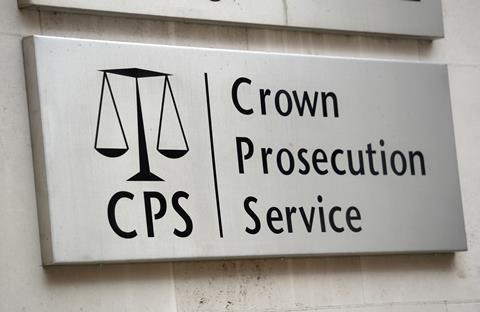The Crown Prosecution Service will write to defence teams in cases linked to an unqualified court interpreter so they can consider whether to take further action, the Gazette has learned.
Last week City of London Police reported that Mirwais Patang, 27, of Hillingdon, stole the identity of a court interpreter and provided services to the courts in 140 cases despite having no qualifications to do so. He was sentenced to two years’ imprisonment, suspended for two years, at Southwark Crown Court. He must also complete 300 hours of unpaid work.
The Ministry of Justice told the Gazette that it has identified all the cases where Patang was booked to provide services. They all took place before July 2016. The CPS will be writing to defence teams in the criminal cases linked to Patang.

An MoJ spokesperson said: ‘Since 2016, interpreters have been subject to robust checks on their identity, employment history and qualifications, which are then further scrutinised and quality-assured by an independent contractor.’
The ministry said it has a separate contract with the Language Shop to quality-assure the translation and interpretation service provided under the language services contracts. This includes a rolling audit of language professionals who undertake work on behalf of the MoJ and real-time assessments of interpreters.
Meanwhile, the National Register of Public Service Interpreters (NRPSI), an independent, voluntary regulator, has written to the ministry with its concerns and recommendations. The NRPSI was set up in 1994 following a recommendation by the Runciman Royal Commission on Criminal Justice.
A national register of the highest qualified interpreters has existed for 27 years; more than 90% of those registered are qualified to honours degree level (level 6) or above in the skills required to work in a public service setting.
NRPSI is calling for interpreters already registered with the national register to be used by the criminal justice system. Its letter also proposes extending the registration and regulation process to public service interpreters at levels 3 and 4 to stabilise ‘what seems to be a “Wild West” situation where bilinguals with absolutely no training are entering the ecosystem and then being used in public service interpreting roles for which they are not trained, qualified and do not have the experience’.



























10 Readers' comments